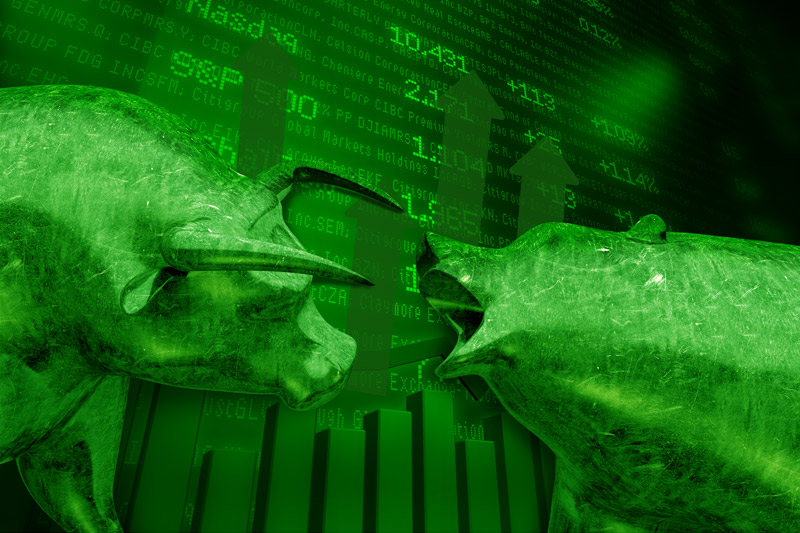Investing.com - The U.S. dollar rose to a one-month high against the yen on Tuesday, as better-than-expected U.S. data reassured investors over the strength of the country’s economic recovery, while expectations for fresh easing measures by Japan continued to weigh on the yen.
USD/JPY hit 78.86 during European afternoon trade, the pair’s highest since July 18; the pair subsequently consolidated at 78.85, climbing 0.68%.
The pair was likely to find support at 78.31, the session low and resistance at 79.27, the high of July 16.
Official data showed that retail sales in the U.S. rose for the first time in four months in July, gaining 0.8% after a 0.7% drop the previous month and beating expectations for a 0.3% increase.
Core retail sales, which exclude automobiles, rose 0.8%, more than the expected 0.4% increase and following a 0.8% decline in June.
A separate report showed that U.S. producer prices rose more-than-expected in July, adding 0.3% after a 0.1% rise the previous month.
Analysts had expected producer prices to advance 0.2% in July.
Core producer prices rose at 2.5% last month, down from 2.6% in June, but above expectations for a 2.3% increase.
Meanwhile, the yen remained under pressure after the minutes of the Bank of Japan’s latest policy meeting earlier showed that board members weren’t ruling out further easing measures to bolster growth.
The report came a day after official data showed that Japan’s economy grew 0.3% in the three months to June, just half as much as expectations for a 0.6% expansion, from an upwardly revised 1.2% in the first quarter as export demand was hit by the euro zone debt crisis.
Elsewhere, the yen was sharply lower against the euro with EUR/JPY advancing 0.67%, to hit 97.23.
Earlier Tuesday, official data showed that the euro zone economy contracted by 0.2% in the three months to June, in line with expectations, bringing the annualized rate of contraction to 0.4%.
Germany’s economy expanded by 0.3% in the second quarter, slightly better than expectations for 0.2% growth, while France’s economy stagnated, beating expectations for a 0.1% contraction.
Meanwhile, the ZEW Centre for Economic Research said that its index of German economic sentiment came in at minus 25.5 for August, the lowest level of 2012, down from July’s reading of minus 19.6 and defying expectations for a reading of minus 19.3.
USD/JPY hit 78.86 during European afternoon trade, the pair’s highest since July 18; the pair subsequently consolidated at 78.85, climbing 0.68%.
The pair was likely to find support at 78.31, the session low and resistance at 79.27, the high of July 16.
Official data showed that retail sales in the U.S. rose for the first time in four months in July, gaining 0.8% after a 0.7% drop the previous month and beating expectations for a 0.3% increase.
Core retail sales, which exclude automobiles, rose 0.8%, more than the expected 0.4% increase and following a 0.8% decline in June.
A separate report showed that U.S. producer prices rose more-than-expected in July, adding 0.3% after a 0.1% rise the previous month.
Analysts had expected producer prices to advance 0.2% in July.
Core producer prices rose at 2.5% last month, down from 2.6% in June, but above expectations for a 2.3% increase.
Meanwhile, the yen remained under pressure after the minutes of the Bank of Japan’s latest policy meeting earlier showed that board members weren’t ruling out further easing measures to bolster growth.
The report came a day after official data showed that Japan’s economy grew 0.3% in the three months to June, just half as much as expectations for a 0.6% expansion, from an upwardly revised 1.2% in the first quarter as export demand was hit by the euro zone debt crisis.
Elsewhere, the yen was sharply lower against the euro with EUR/JPY advancing 0.67%, to hit 97.23.
Earlier Tuesday, official data showed that the euro zone economy contracted by 0.2% in the three months to June, in line with expectations, bringing the annualized rate of contraction to 0.4%.
Germany’s economy expanded by 0.3% in the second quarter, slightly better than expectations for 0.2% growth, while France’s economy stagnated, beating expectations for a 0.1% contraction.
Meanwhile, the ZEW Centre for Economic Research said that its index of German economic sentiment came in at minus 25.5 for August, the lowest level of 2012, down from July’s reading of minus 19.6 and defying expectations for a reading of minus 19.3.
